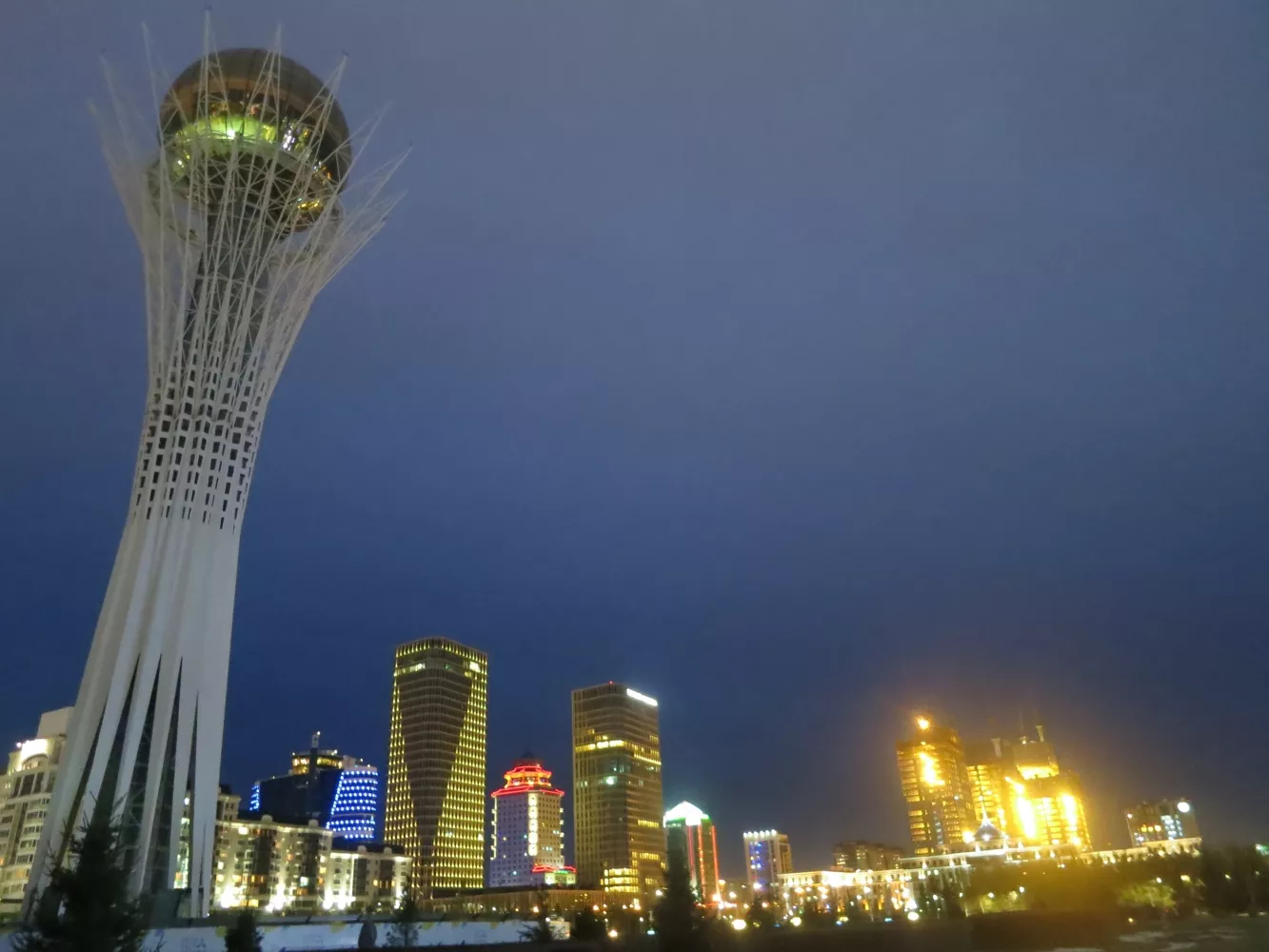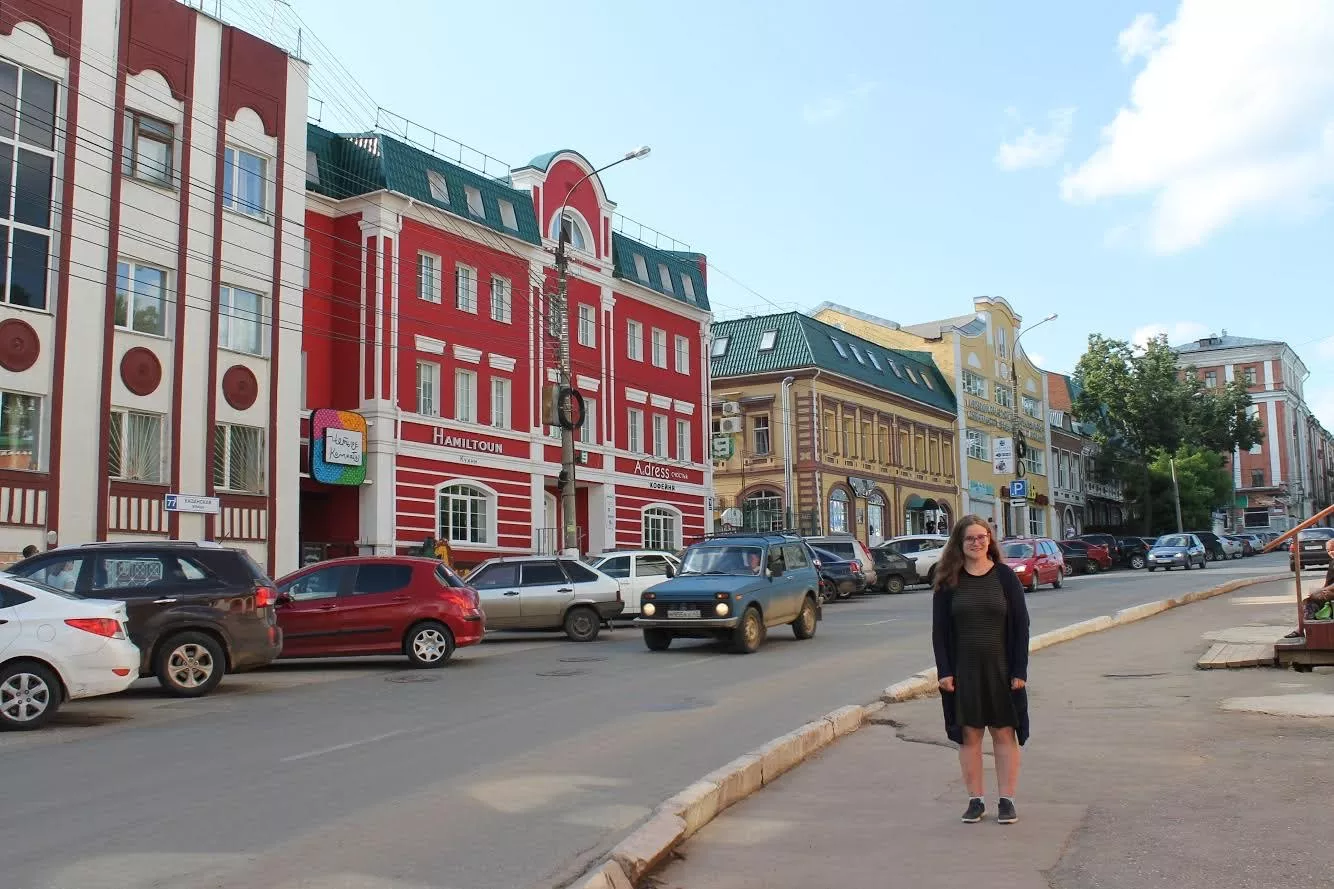The Russian Program at Swarthmore College aims to give students a broad view of Russian language, literature, and culture. Historically, Russian people have made enormous contributions to world culture in music, literature, the arts, engineering, and the sciences. (Did you know that Sofya Kovalevskaya (1850-1891) was the world's first female professor of mathematics. Though she got her higher education outside Russia.) Today the Russian Federation is an important global player, for better or worse, which makes the study of Russia's language and culture of continuing strategic importance. The Russian language is an important tool for communication in Central Asia and the Trans-Caucasus and great study-abroad programs are available there.
Learn more here.






